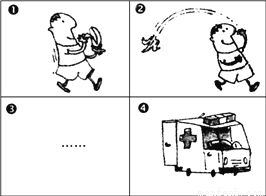0 126929 126937 126943 126947 126953 126955 126959 126965 126967 126973 126979 126983 126985 126989 126995 126997 127003 127007 127009 127013 127015 127019 127021 127023 127024 127025 127027 127028 127029 127031 127033 127037 127039 127043 127045 127049 127055 127057 127063 127067 127069 127073 127079 127085 127087 127093 127097 127099 127105 127109 127115 127123 159627
